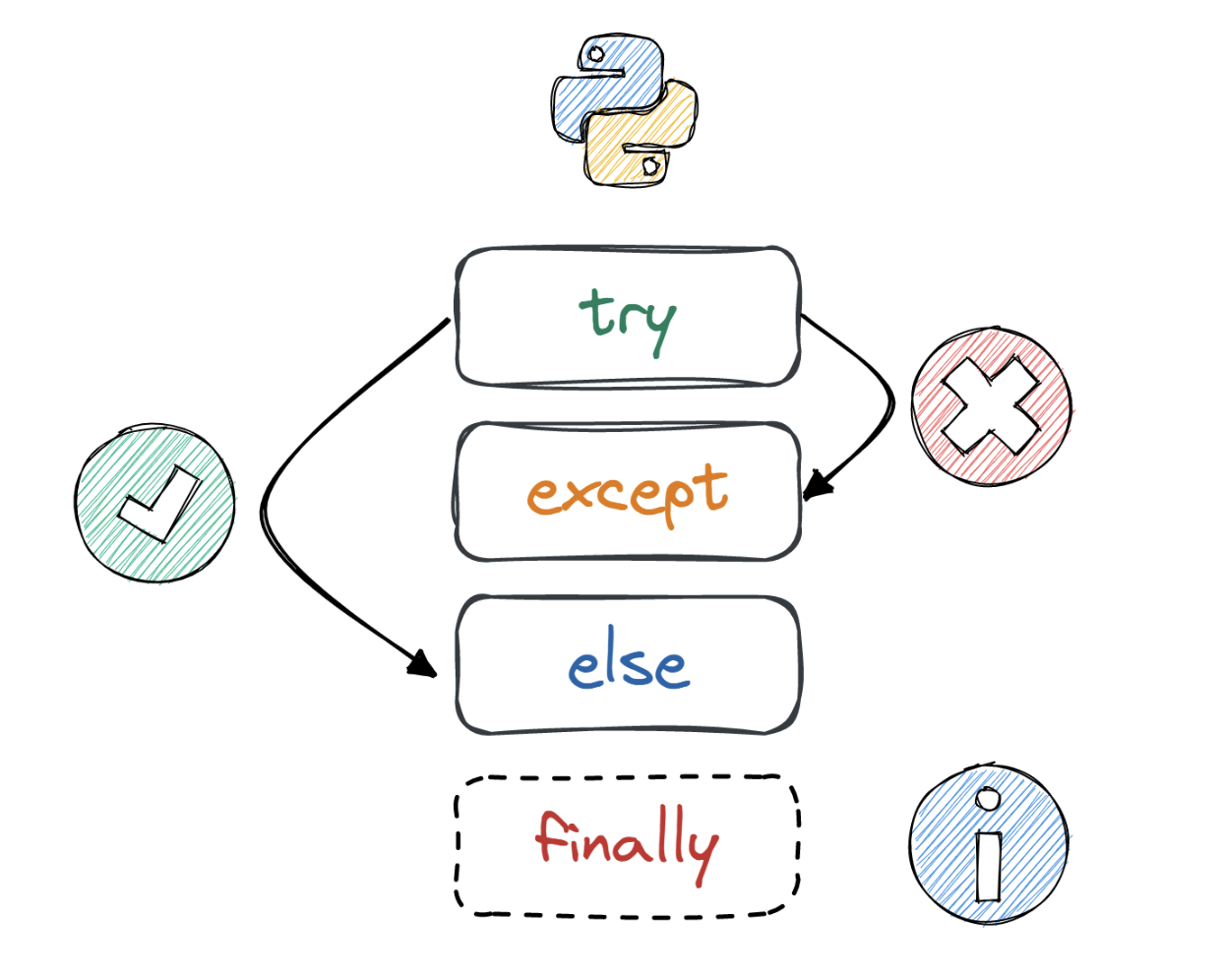Overview:
Handling errors in code is an essential aspect of software development to ensure that applications act typically and smoothly while unforeseen difficulties stand up.

Here are a few procedures for strongly managing missteps tinyour code:
Use Attempt Catch Blocks: One of the most extreme ordinary mistakes in adapting to procedures is to utilize endeavor hold onto blocks. This grants you the ability to encompass most likely mix-ups defenseless code with an attempt block and hold onto any exemptions that happen, giving you a potential chance to smoothly address them.
Tossing Exemptions: When you coincidentally find a mix-up condition that can not be dealt with locally, you might toss a special case to demonstrate the issue to better levels of the program. This allows the calling code to decide how to adapt to the mistake.
Logging: Logging blunder messages is fundamental for diagnosing and troubleshooting issues in assembling conditions. Use logging systems to document insights regarding blunders, including stack lines, timestamps, and relevant measurements.
Smooth Debasement: In circumstances where blunders are non-essential or recoverable, remember carrying out strategies for smooth corruption. This involves planning backup systems or opportunity ways that license the program to keep up with working despite the fact that definite added substances come up short.
Input Approval: Approve input information to forestall botches sooner than they happen. This comprises checking for invalid information sources, limit conditions, and startling information codecs. Input approval works to ensure that your code works accurately and safely.
Mistake Codes and Messages: While returning blunders to clients or different parts of the framework, offer significant blunders codes and messages that plainly make sense of the issue. This assists clients with perceiving what turned out badly and how to cure the issue.
Unit Testing: Compose a far-reaching unit that actually takes a look at those that cover explicit botched circumstances to certify that your mistake adapting to code acts true to form. Unit checks help catch mistakes ahead of schedule inside the improvement strategy and ensure that your code is strong and solid.
Documentation: Archive bungles adapting to strategies and five-star rehearses in your codebase to direct engineers who keep up with or broaden your code inside what's in store. Clear documentation guarantees standard bumbles adapting across the undertaking.
By implementing these error-handling strategies, you can work on the dependability, practicality, and worth of your product applications, prompting a higher typical client revel in and diminished free time.
Read more: How can I improve my programming skills